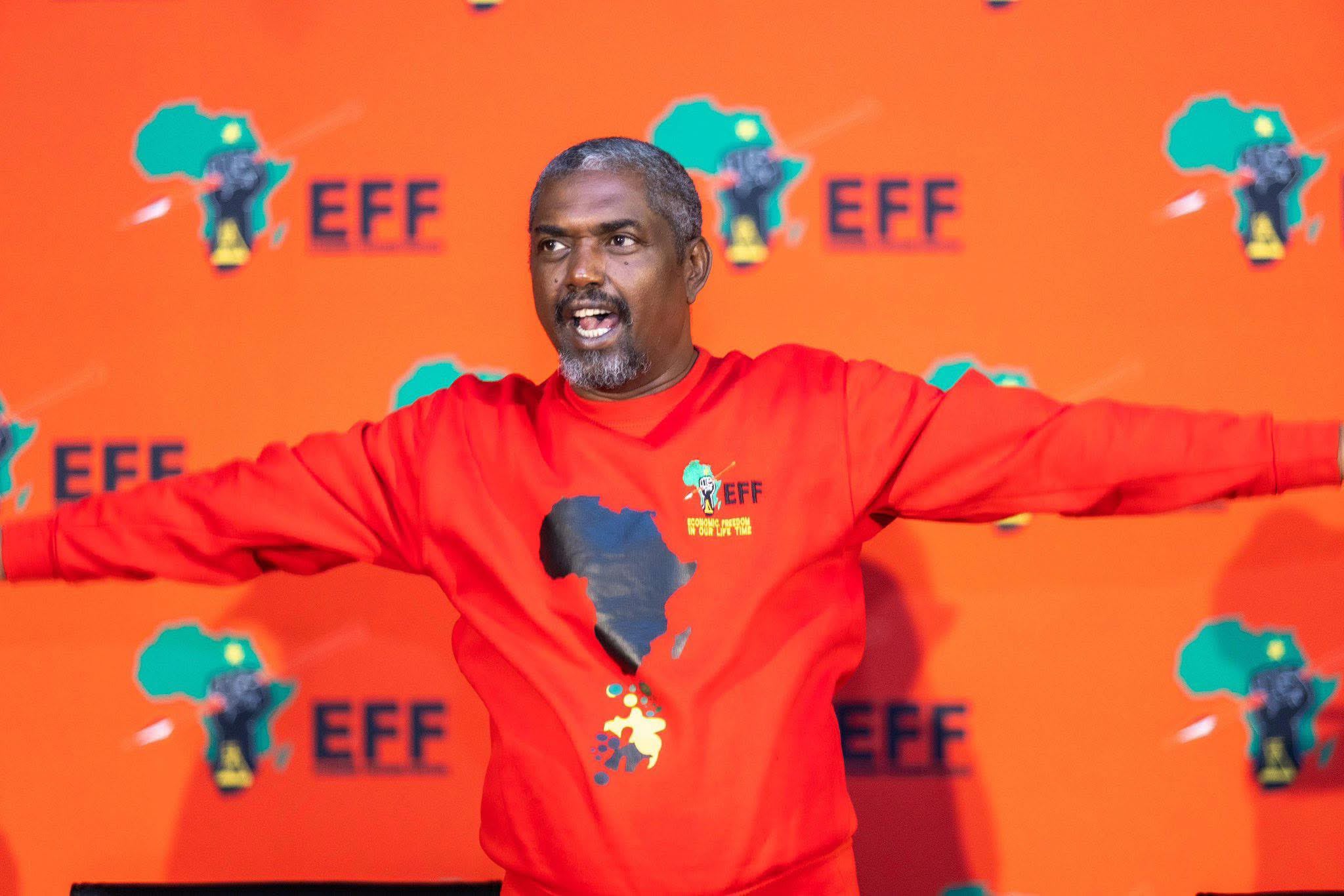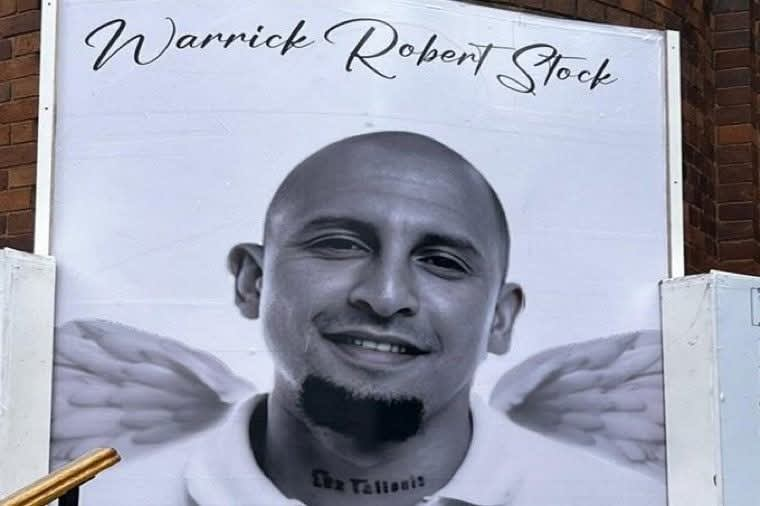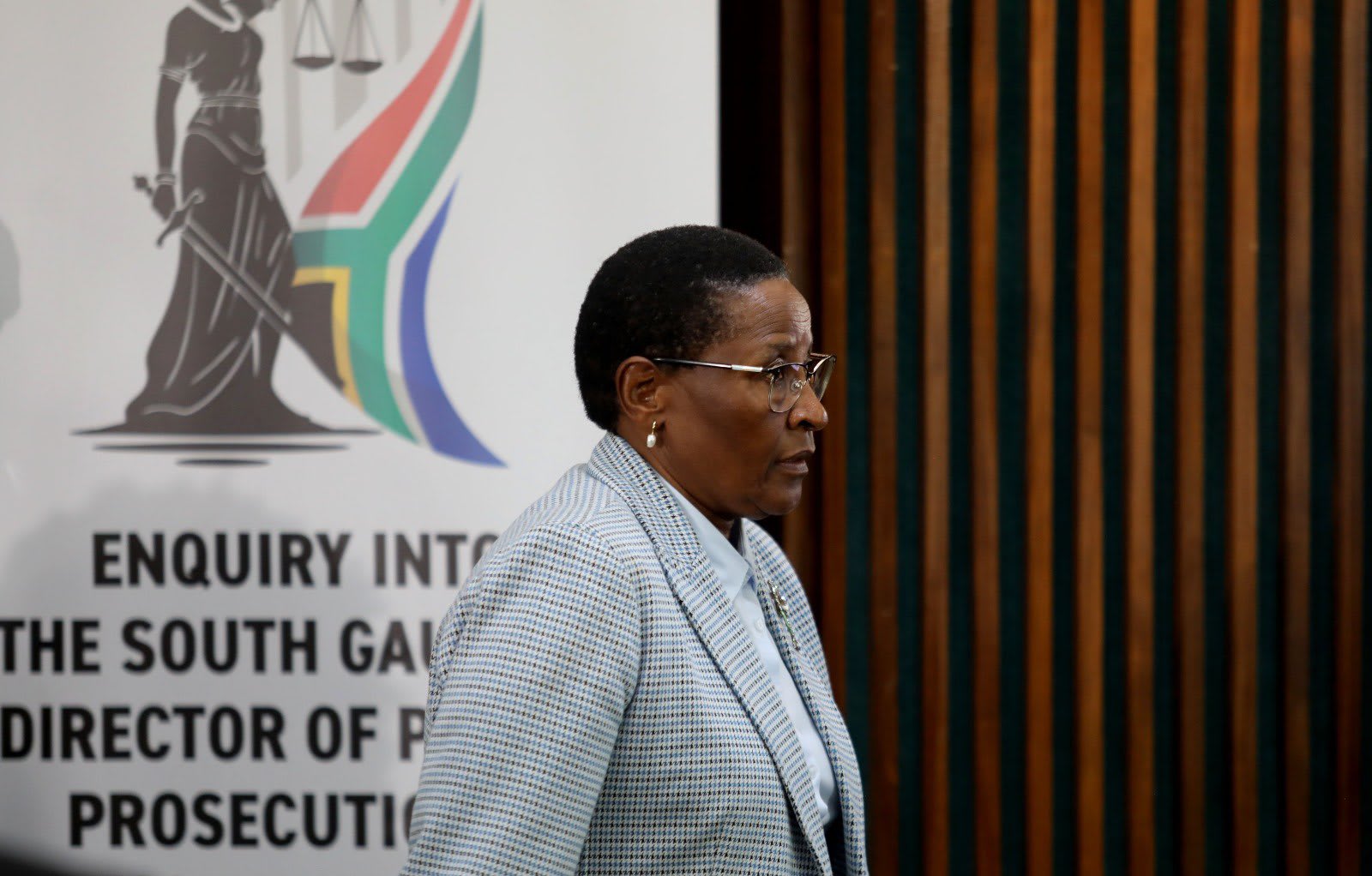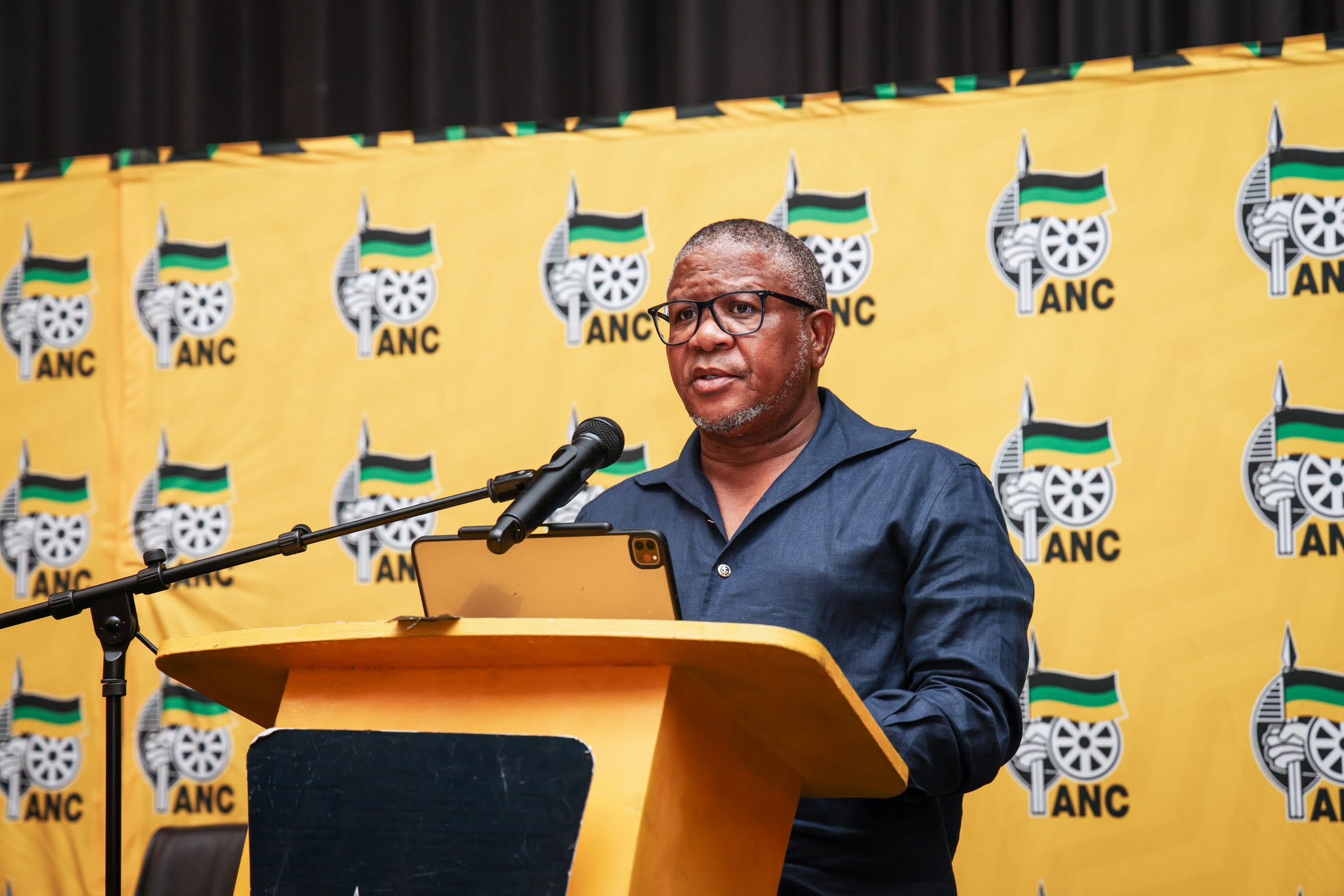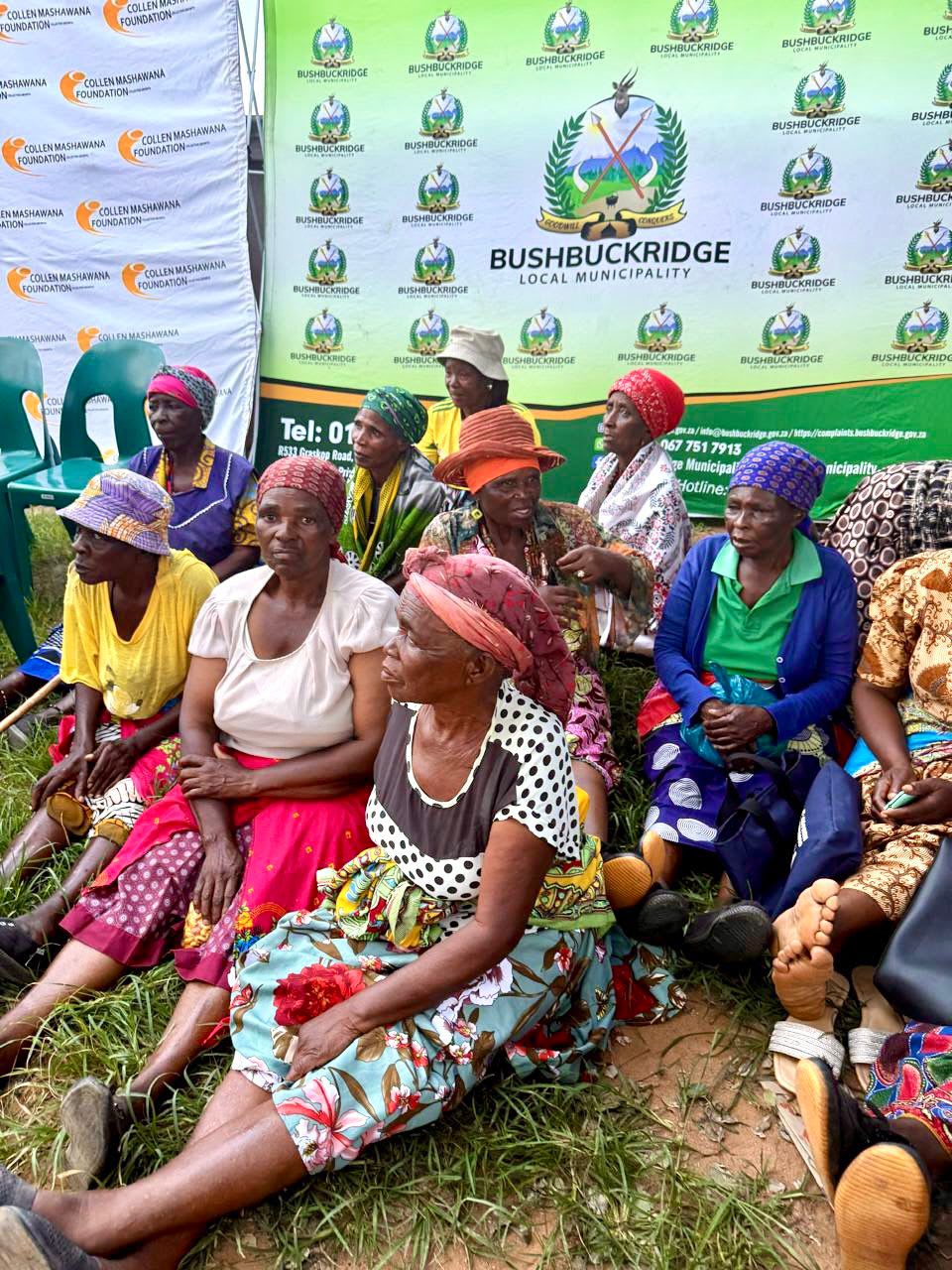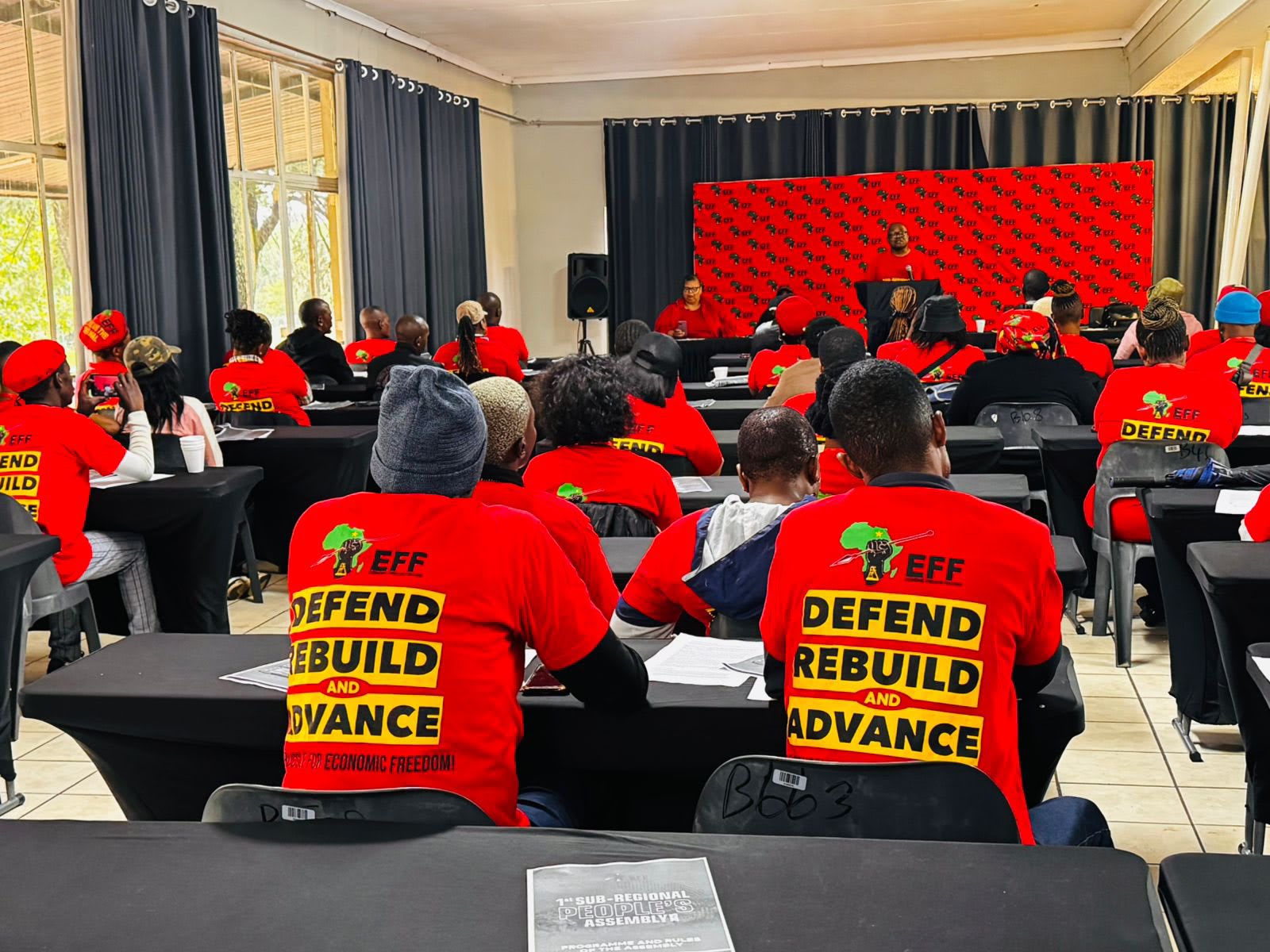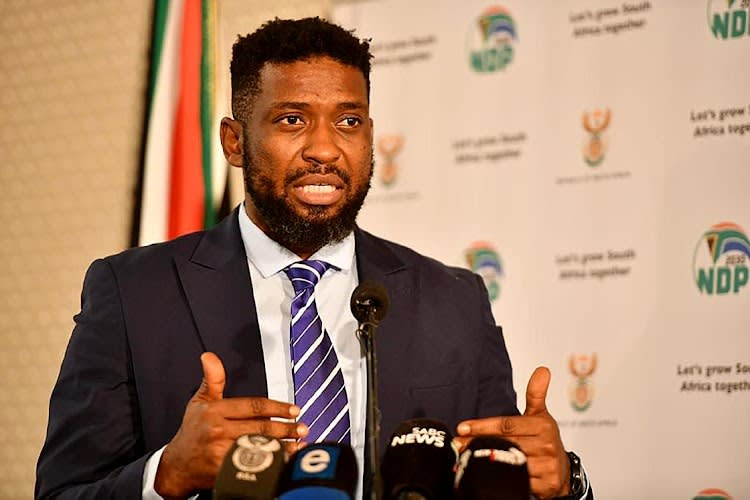SAPS
The fallout between KwaZulu-Natal Police Commissioner Nhlanhla Mkhwanazi and MP Fadiel Adams has deepened after Adams laid perjury charges against the police chief. The case has reignited concerns over accountability, transparency, and tensions between law enforcement and Parliament
The uneasy relationship between South Africa’s police leadership and Parliament took a sharper turn this week when MP Fadiel Adams lodged perjury charges against KwaZulu-Natal Police Commissioner Lieutenant-General Nhlanhla Mkhwanazi. The move follows Mkhwanazi’s retraction of sworn testimony that had implicated former Police Minister Bheki Cele in alleged financial misconduct.
Adams’ decision to press criminal charges is being seen as a broader stand for accountability within the country’s security institutions. He has accused Mkhwanazi of misleading Parliament and eroding public trust in the oversight process. “If we allow retractions through text messages to replace accountability before Parliament, then we undermine the very foundation of democratic transparency,” Adams said earlier this week.
The controversy stems from Mkhwanazi’s earlier claims that Cele had requested money from businessman Vusi “Cat” Matlala, allegations that drew immediate national attention. Within days, however, Mkhwanazi withdrew his statements, saying they were based on mistaken information about a bank account. His apology, issued via SMS, has since become the focal point of Adams’ legal complaint.
For Mkhwanazi, the charge represents a challenge he says he is willing to face head-on. Speaking at a police event in KwaZulu-Natal, he told reporters, “Let it happen. I have never been afraid of accountability. I will go back before Parliament to set the record straight.”
The standoff has revealed not only personal animosity but also the broader institutional strain between Parliament and the police. Analysts suggest it points to deeper cracks in how South Africa handles accountability for senior officials, particularly when internal disputes intersect with political rivalries.
Legal experts note that if the case proceeds, it could set a precedent for how testimony before parliamentary committees is treated in law, potentially tightening the rules around truthfulness and retractions under oath





